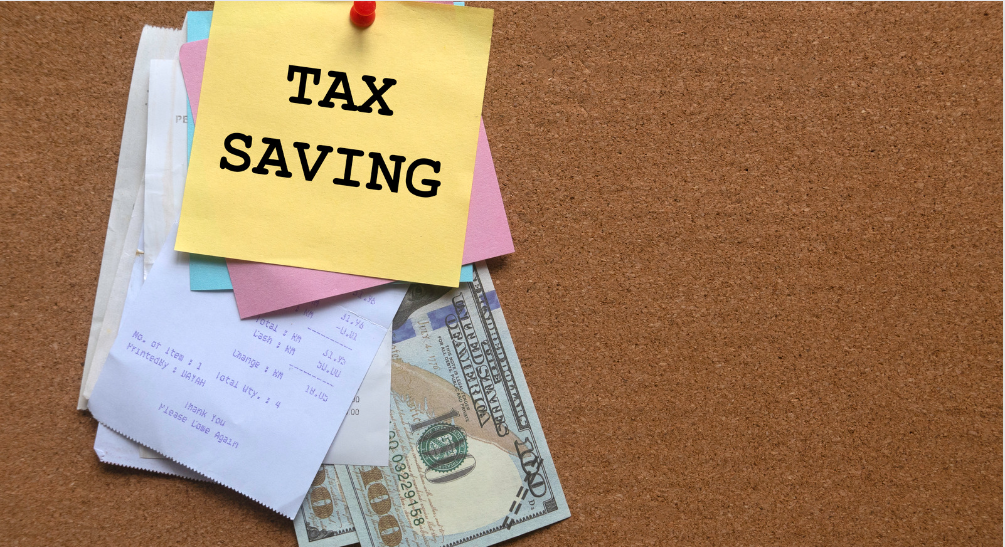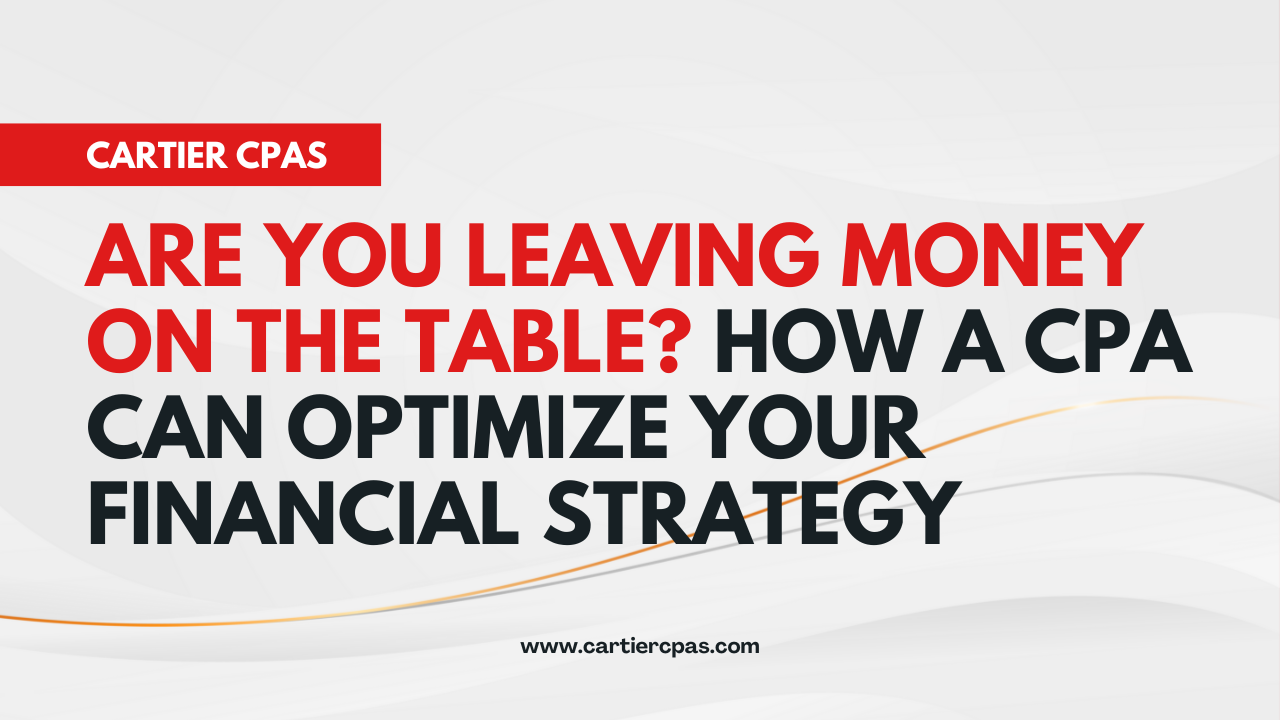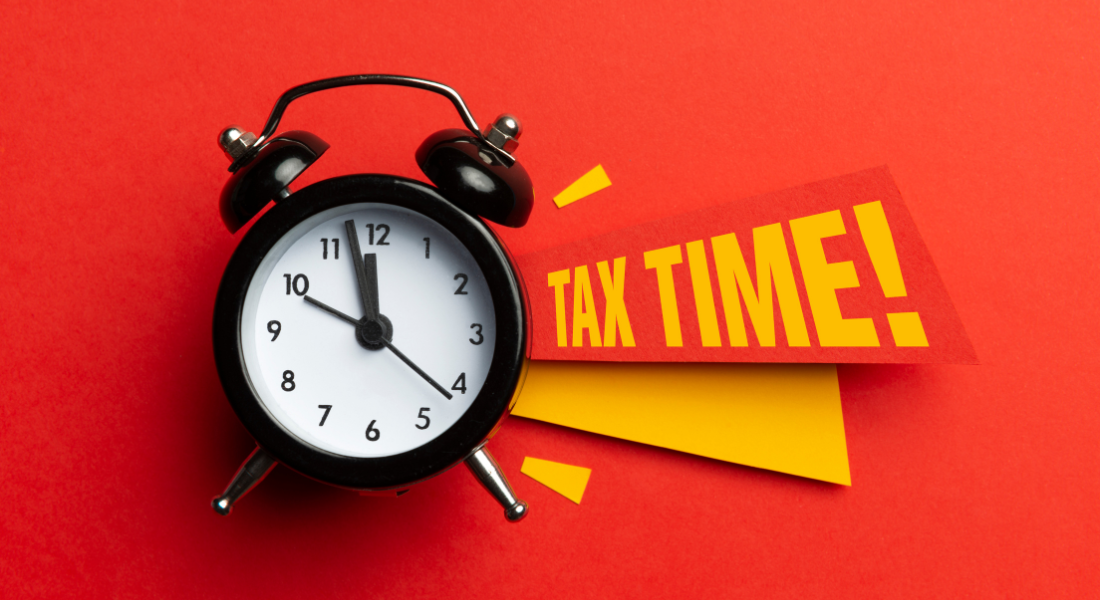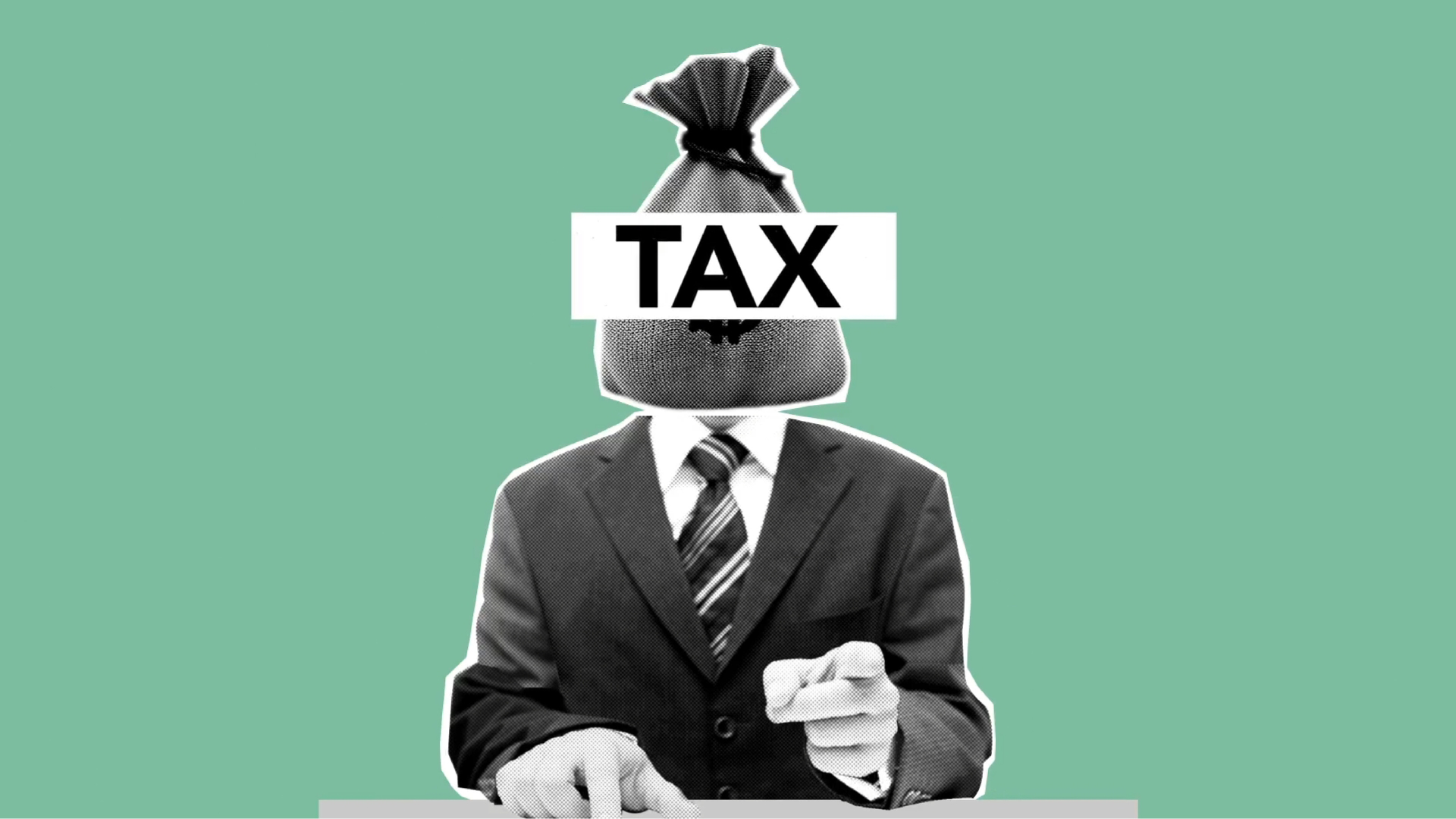What records to keep for tax purposes
There is a lot of confusion surrounding what records to keep for tax purposes. This is because the answer depends on a number of factors, including the type of business you own, the country in which you operate, and the specific tax laws that apply to your business.
In general, however, you should keep any records that could be used to support the income, deductions, or credits you claim on your tax return. This includes receipts, invoices, bank statements, and records of any other expenses you incurred in running your business.
It is important to keep good records throughout the year, as this will make it much easier to prepare your tax return when the time comes. Trying to track down records after the fact can be a nightmare, and it is often impossible to get missing records from third parties (such as banks or suppliers).
Let’s dive into it little more
- What records to keep
- Different types of records
- How long to keep records
- Storing records
1. What records to keep
As a general rule, you should keep any records that could be used to support the income, deductions, or credits you claim on your tax return. This includes receipts, invoices, bank statements, and records of any other expenses you incurred in running your business.
Different types of businesses will have different records, and you should keep whatever records are relevant to your business. For example, if you are a freelance writer, you would need to keep records of the articles you have written, the date they were published, and how much you were paid for each article.
2. Different types of records
There are many different types of records that you may need to keep, depending on the type of business you own. Some of the most common types of records include:
Income records: These include sales invoices, bank statements, and records of any other income you receive.
Expense records: These include receipts, invoices, and bank statements for any expenses you incur in running your business.
Asset records: These include records of any business assets you own, such as equipment, vehicles, or real estate.
Liability records: These include records of any money you owe, such as loans, credit card balances, and accounts payable.
Employee records: If you have employees, you will need to keep records of their wages, hours worked, and any taxes withheld.
Tax records: You should keep records of any taxes you have paid, such as income tax, sales tax, and property tax.
3. How long to keep records
In general, you should keep records for at least three years. This is because the IRS can audit your tax return for up to three years after it is filed.
However, there are some circumstances where you may need to keep records for longer than three years. For example, if you claim a loss carryforward on your tax return, you will need to keep records of the loss for seven years.
4. Storing records
There is no one-size-fits-all answer to this question, as it depends on the type and volume of records you have.
If you have a small number of records, you may be able to store them in a filing cabinet or box. However, if you have a large number of records, you may need to store them in a storage unit or off-site location.
Conclusion
Keeping good records is essential for any business owner. This is because the records you keep can be used to support the income, deductions, or credits you claim on your tax return.
There is no one-size-fits-all answer to the question of what records to keep, as it depends on the type of business you own, the country in which you operate, and the specific tax laws that apply to your business. However, in general, you should keep any records that could be used to support the income, deductions, or credits you claim on your tax return.
Contact us today, at Cartier CPA's our goal is to provide clients with the highest level of respect and quality of service.










